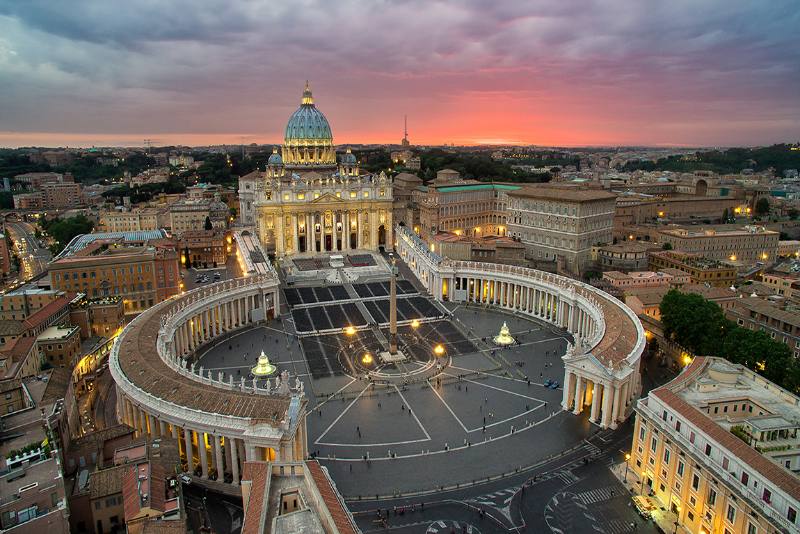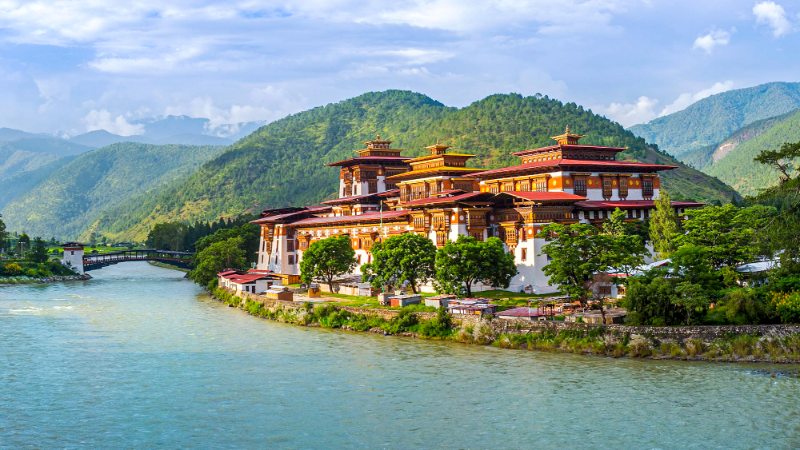Get free consultation
Fill out the form and we will contact you
Obtaining citizenship is a complex journey, and some countries implement strict regulations that make the process particularly challenging. From long residency requirements and rigorous language tests to restrictions on dual citizenship, these barriers can discourage many applicants. In this article, we will explore which countries are the hardest to obtain citizenship from—read on to find out!
To determine which countries have the most difficult citizenship processes, we need to consider the following factors:
Residency duration: The number of years required to be eligible to apply for citizenship.
Language and cultural requirements: Tests on language, history, or national culture.
Dual citizenship: Some countries do not allow dual citizenship, requiring applicants to renounce their original nationality.
Application process: The complexity of documentation, interviews, and background checks.
Immigration policies: Countries with strict immigration policies often limit the granting of citizenship.
Which country is the hardest to obtain citizenship from according to different criteria
Based on these criteria, the following is a list of countries considered the most difficult for obtaining citizenship, according to reputable sources such as Henley & Partners, Nomad Capitalist, and global immigration reports.
Qatar tops the list due to its extremely strict immigration policies. This Gulf country rarely grants citizenship to foreigners, except in special cases.
Residency duration: There is no clear pathway to citizenship through residency. Even after living in Qatar for decades, foreigners are rarely approved.
Requirements: Applicants must be of Arab origin, fluent in Arabic, and have made significant contributions to the country. Dual citizenship is not allowed.
Challenges: The Qatari government prioritizes preserving national identity, making citizenship nearly impossible for foreigners.
Data: According to a Gulf Times report (2024), only around 50 citizenship cases have been recorded in the past decadea.
Vatican, the world’s smallest country, has a citizenship process that is more symbolic than practical.
Vatican is the world’s smallest country
Residency duration: There are no specific regulations, but citizenship is usually granted only to clergy, Vatican employees, or their families.
Requirements: Must serve the Holy See and reside within Vatican territory. Citizenship is revoked if the person leaves the Vatican.
Challenges: With a population of only around 800 people, the Vatican has no need to accept new citizens.
Data: According to Vatican News (2024), Vatican citizenship is mostly temporary and tied to official roles.
Liechtenstein, a small European country, is known for its strict citizenship requirements.
Residency duration: Requires 30 years of continuous residence (or 10 years if married to a Liechtenstein citizen). However, residence before the age of 18 is not counted.
Requirements: Fluency in German, integration into the community, and approval by a local community vote. Dual citizenship is not allowed.
Challenges: The approval process is lengthy and depends on decisions by the parliament or the monarchy.
Data: According to the Liechtenstein Immigration Report (2023), only about 20–30 people are granted citizenship each year.
Bhutan, a country following the philosophy of 'Gross National Happiness,' has conservative immigration policies to protect its indigenous culture.
Bhutan requires 20 years of continuous residence to be granted citizenship
Residency duration: Requires 20 years of continuous residence, with the condition of not leaving Bhutan for more than three months per year.
Requirements: Proficiency in Dzongkha, knowledge of Bhutanese culture, and renunciation of original citizenship. Applicants must be approved by the King of Bhutan.
Challenges: The government prioritizes preserving national identity, making citizenship nearly impossible for foreigners.
Data: According to Bhutan Times (2024), only a few cases of citizenship have been recorded, mostly through marriage.
Austria is one of the EU countries with the strictest citizenship processes.
Residency duration: Requires 10–30 years of residence, depending on the applicant’s status (e.g., marriage, asylum, or EU citizenship). The waiting period for approval can take 2–3 years.
Requirements: Proficiency in German (B2 level), stable income, and renunciation of original citizenship (except in special cases).
Challenges: Austria enforces restrictions on dual citizenship and requires strong proof of social integration.
Data: According to Statistik Austria (2024), only about 8,000 people are granted citizenship each year, mostly EU nationals.
Japan: Requires 5–10 years of residence, renunciation of original citizenship, and passing a strict integration test. Japan is known for its conservative immigration policies.
Switzerland: Requires 10 years of residence, integration into the local community, and approval from cantonal authorities. The process can be lengthy and costly.
Saudi Arabia: Similar to Qatar, citizenship is granted only in exceptional cases, with requirements for fluency in Arabic and significant contributions to the country.
Saudi Arabia, where citizenship is granted only in exceptional cases
For countries with difficult citizenship processes, second citizenship or golden visa programs are an ideal option. These programs allow investors and their families to obtain citizenship or residency in developed countries without having to meet strict residency requirements or language tests.
Fast processing: Obtain citizenship or residency in 3–12 months, compared to decades of waiting in countries like Liechtenstein or Austria.
Freedom of movement: Countries such as Greece, Portugal, or Malta (EU) offer visa-free travel within the Schengen area.
Investment benefits: Combine residency with opportunities for returns from real estate or investment funds.
Family benefits: Includes spouse, children, and sometimes parents.
Greece – Golden visa:
Requirements: Minimum investment of 250,000 EUR (depending on the area) in real estate.
Benefits: Residency permit in 3–6 months, freedom of movement within Schengen, and real estate growth of 5–7% per year (according to Numbeo, 2024).
Why choose?: Greece combines high quality of life, affordable costs, and rich cultural heritage.
Malta – Citizenship by investment:
Requirements: Investment of around 738,000 EUR (including contributions to the government, real estate, and charity).
Benefits: EU citizenship in 12–36 months, with the right to live and work in any EU country.
Why choose?: Malta ranks high for safety and economic stability (Global Peace Index, 2024).
Antigua & Barbuda – Caribbean citizenship:
Requirements: Investment from 100,000 USD (contribution to the national fund) or 200,000 USD in real estate.
Benefits: Citizenship in 3–6 months, visa-free access to over 150 countries, including Schengen and the UK.
Why choose?: Low cost, fast process, and ideal living environment.
Choose Greek citizenship through the Golden Visa program
Instead of facing complex citizenship processes in Qatar, the Vatican, or Austria, you can opt for a faster and more efficient route through investment citizenship programs at quoctichthuhai.com. We ensure a transparent process with full A-to-Z support, helping you and your family achieve your global residency goals.
Fill out the form and we will contact you





